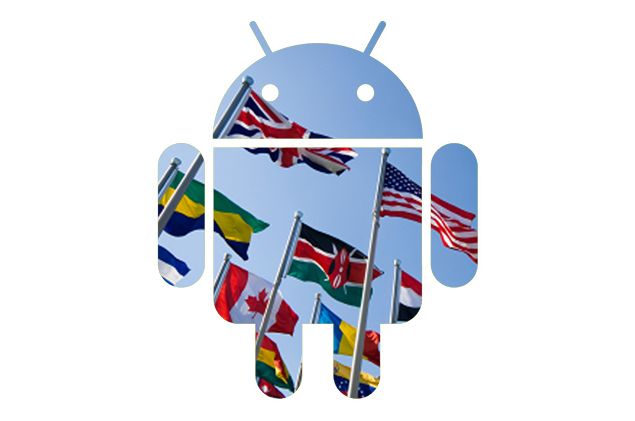Market analysis company Kantar Worldpanel ComTech has released its annual smartphone sales figures which show that Android now makes up more than 50 per cent of the market in many of the largest countries in Europe, Australia and the US.
In the UK, Android smartphone sales have risen by 8.5 per cent over a similar 12-week poll performed in July 2011. The latest figures show that 57.2 per cent of the British market is dominated by Android, 25.6 per cent is iOS (a rise of 5.4 per cent), and Windows Phone 7 handsets have also seen an increase, to 3.7 per cent (a rise of 2 per cent over the last year).
In the UK, RIM's BlackBerry OS has suffered the biggest fall, from 19.3 per cent of the market in 2011 to 10.6 per cent today. Symbian, vanilla Windows Mobile, Bada and other mobile phone operating systems have all almost vanished completely.
The rest of Europe - Spain, Germany, Italy and France - tells a similar story, although in each of those iOS has fallen in popularity. In Spain, Apple now owns only 3.2 per cent of the market, less even than Symbian, with Android rising to a whopping 84.1 per cent saturation.
Apple fares much better in its homeland, with the US market being the only one where Android smartphone sales have actually fallen (from 57 per cent to 50.2 per cent). In the same period, iPhone sales have risen by 8.7 per cent to 37.4 per cent. RIM is really suffering over there, however, with BlackBerry now accounting for only 3 per cent of the US market.
The figures in Australia paint a similar picture to mainland Europe in that iOS has dipped to 30.5 per cent (from 36.9 per cent last year), while Android has risen to 56.9 per cent, from 36.4 per cent.
Windows Phone 7 is also a relatively great success "down under", now accounting for 4.8 per cent of the market, a rise of 2.7 per cent.
Although there are many factors as to why Android has experienced significant growth in the past year (not least, its adoption on a record number of smartphones released), Kantar Worldpanel also believes that the format presents the best price/functionality offering for those upgrading from feature phones to smarter devices.
"Android handsets currently offer an easier platform to enable these consumers to upgrade, as many first time smartphone consumers state ‘price of handset’ and ‘multimedia capabilities’ as their main reason for choosing an Android device," says Dominic Sunnebo, the analysis firm's consumer insights director.
Why do you think that Android has experience significant growth? Let us know in the comments below...

